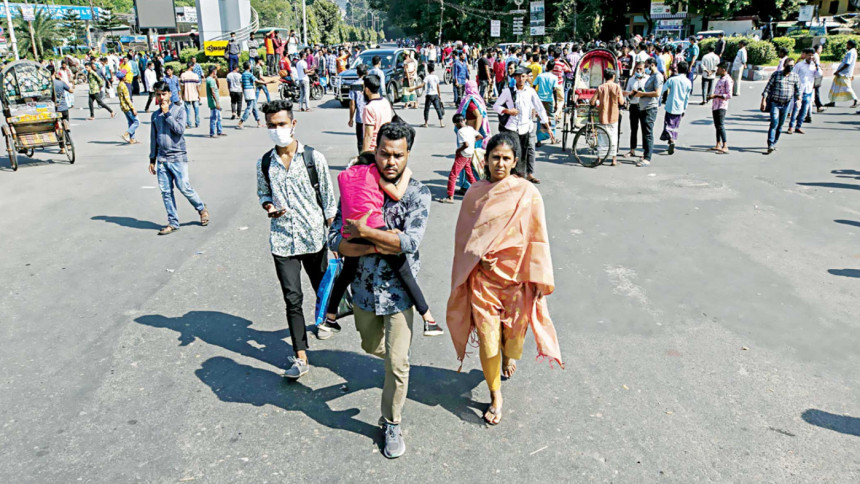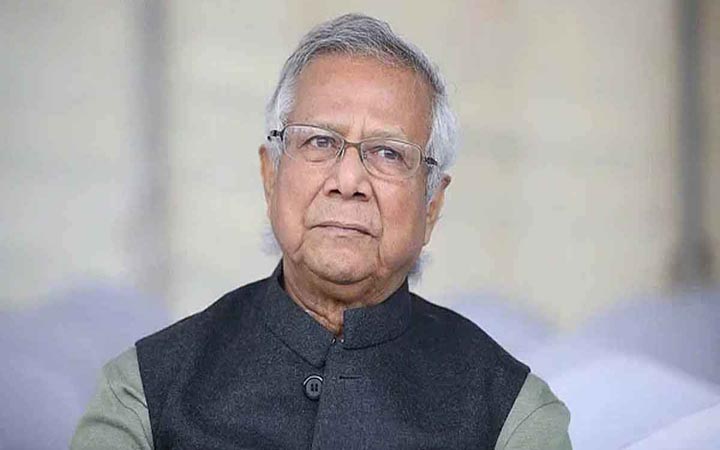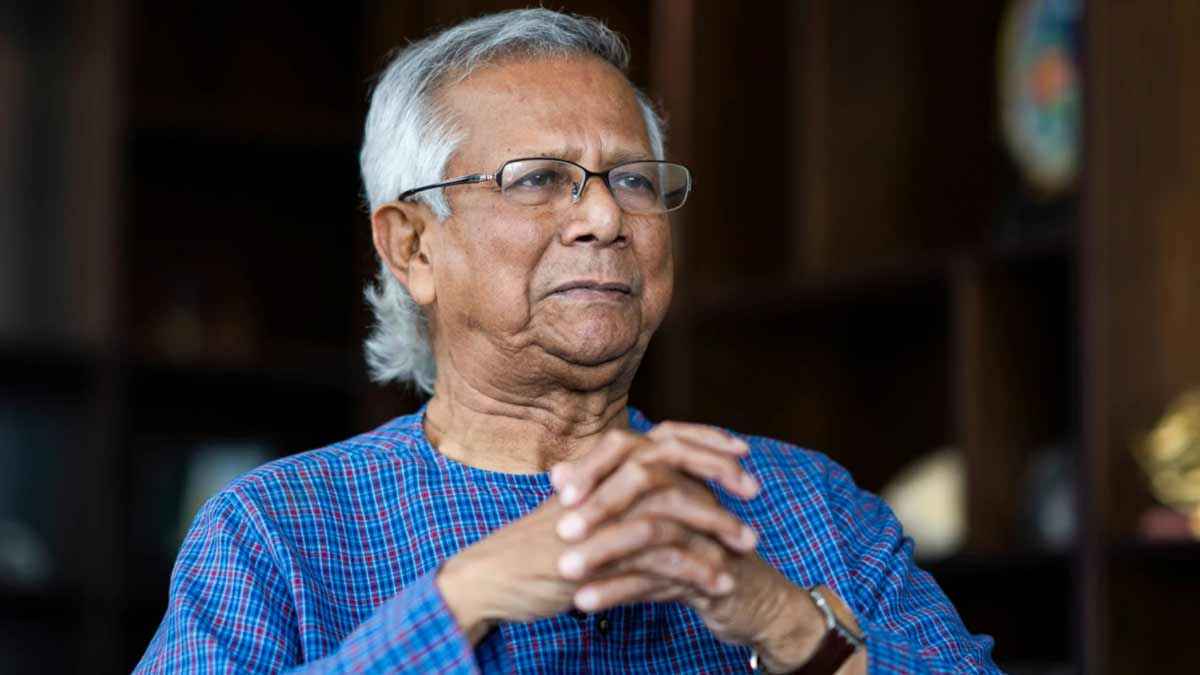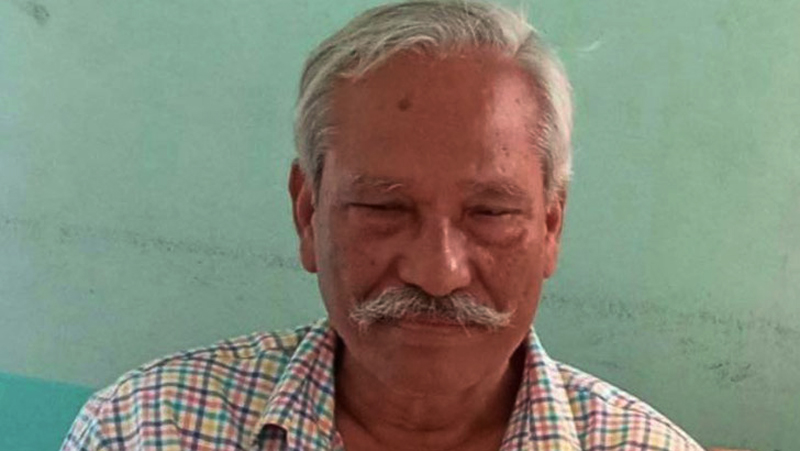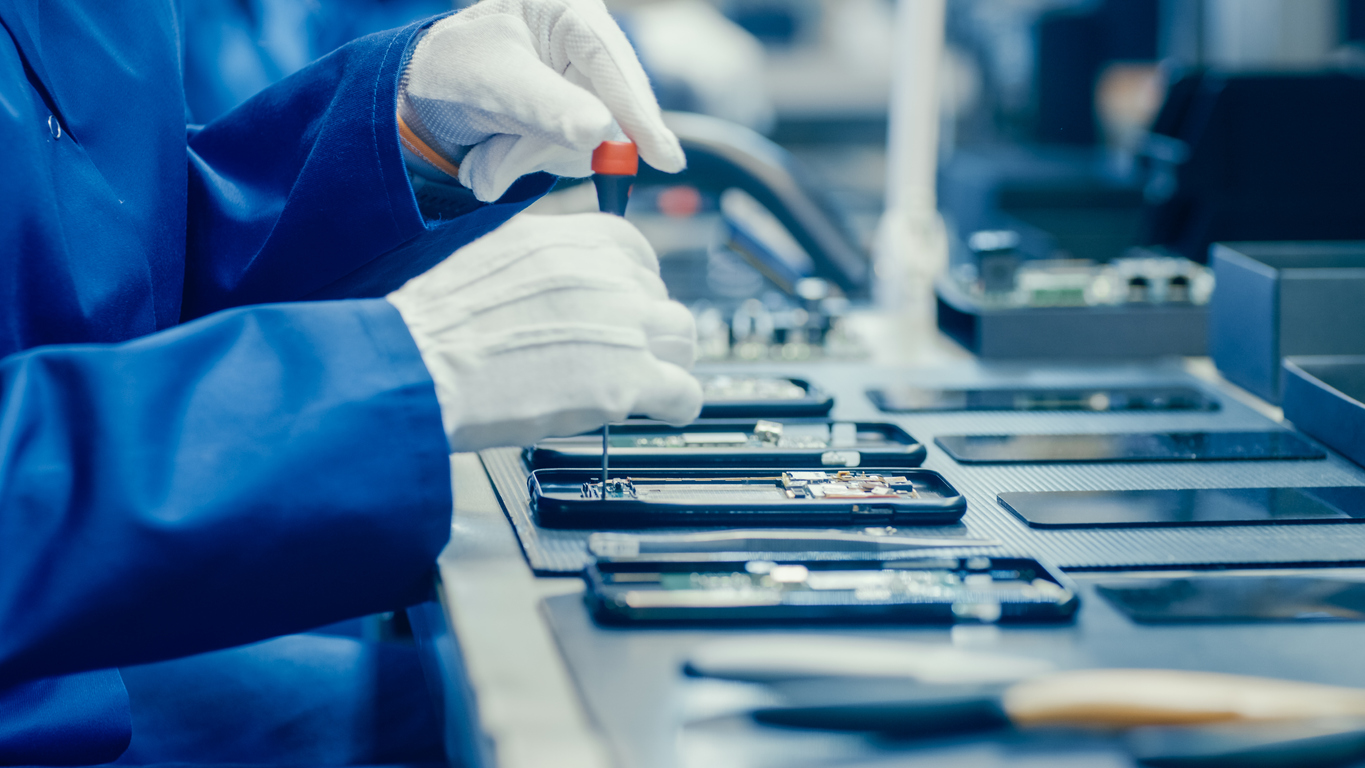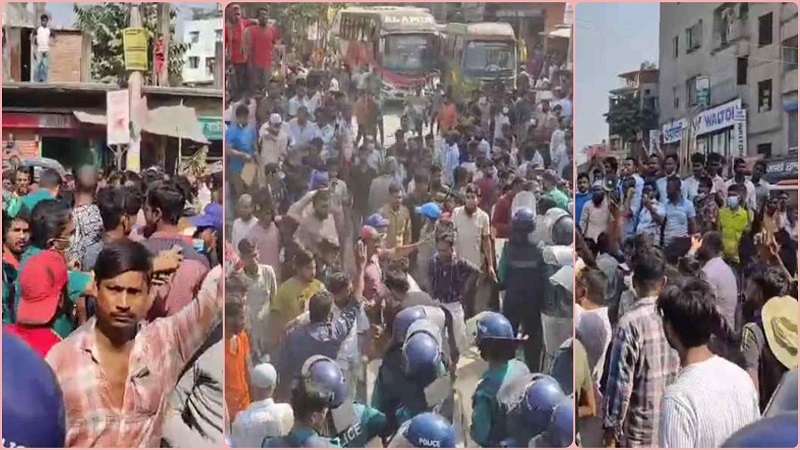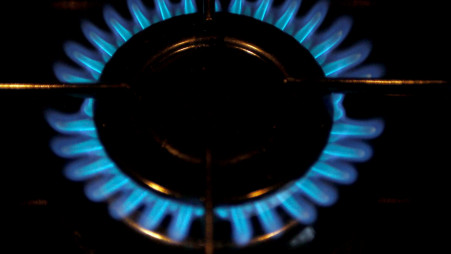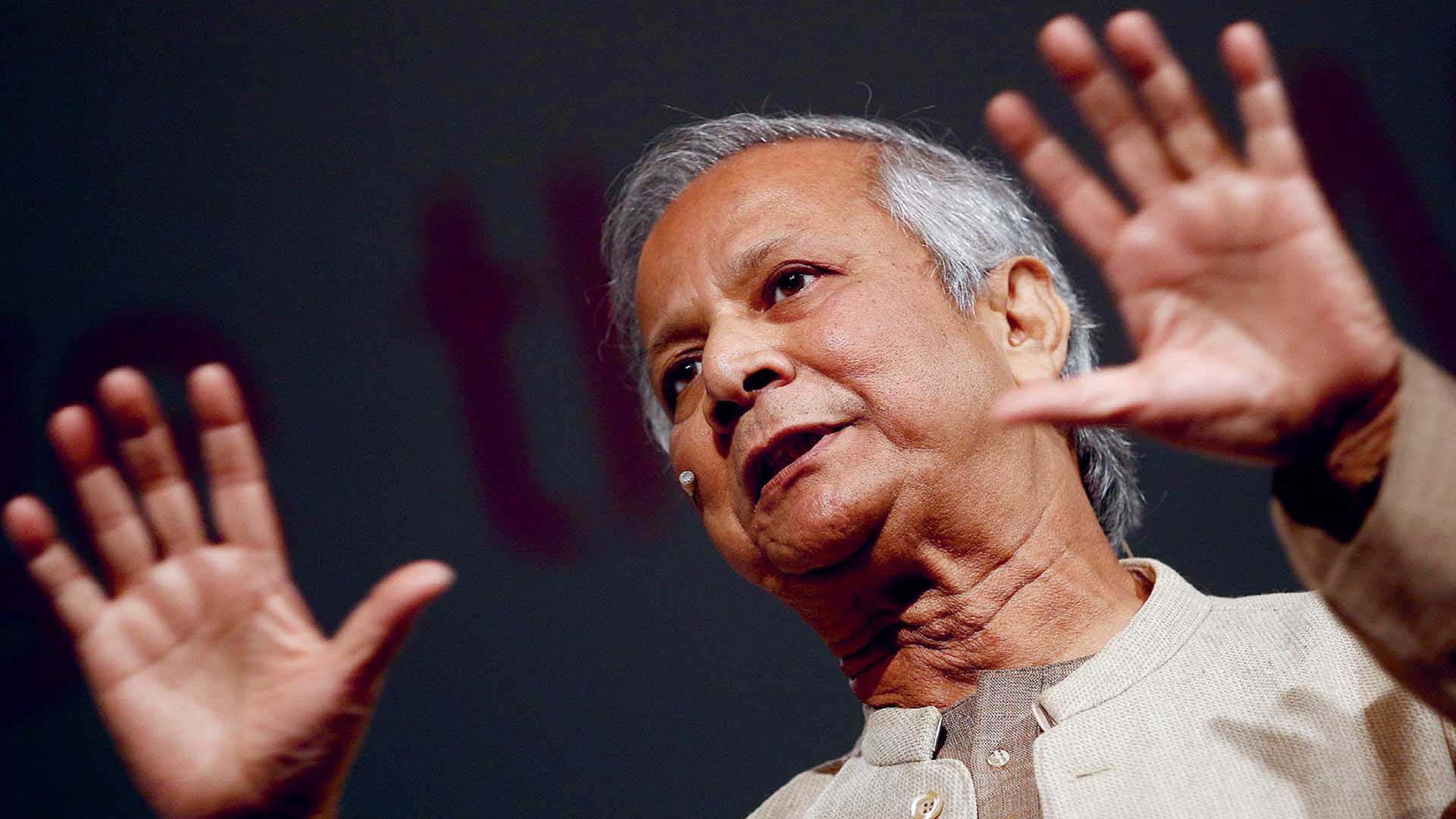The planning minister recently used an onomatope—a word that imitates the things signified. He referred to the economic growth of the country with the sound image of "shonoi, shonoi," which can be literally translated to "by and by." The expression has caught on, and social media is rife with the mobility metaphor. While the honourable minister uses it in the context of growth, the respondents feel that they are failing to catch up as their income trajectory has remained rather static. The educated middle class, in particular, has a lot to say about the big blow caused by the price hikes, factored into such economic growth.
Then again, their responses are mostly controlled and measured, as if they are afraid to give voices to their frustrations and anger. As the tug of war between the rhetoric and the reality continues, an increasing sense of entrapment persists among the netizens. For some, the minister's rhetoric has allowed them to negotiate their reality with a touch of humour. After all, there is something peculiar about the sound: "show no, show no."
I was recently surfing through comments by the members of a traffic alert group. The commuters faced an ordeal last week when the transport operators enforced a strike, protesting the sudden rise in the prices of diesel and kerosene by 23 percent—from Tk 65 to Tk 80. If you ride a CNG or octane-driven vehicle, you would assume that this hike was simply going to affect the lives of "the most disadvantaged segment of society." Sure enough, your oven no longer uses kerosene; for diesel, there is a different dispenser at the fuelling station that you do not visit. Bad things always happen to other people, right? The announcement came on November 3, and an indefinite transport strike was called on November 5. The cerebral middle class thought over the weekend that there would be a "show no show no" understanding between the government and the private owners of the transport system. It did not.
It was soon obvious that the price hike had affected the supply chain of agricultural goods, export items, and water transport. It was more than a few bus owners taking the time off to hide their CNG labels and cylinders to take full advantage of the diesel jackpot. Several container ships went away without being loaded as covered vans and trucks were not available. The financial loss is estimated at millions of dollars, and the reputational loss is measured in red flags. Admission seekers missed their examinations as no public transports were available; there was even one story in which a father rode to Dhaka on his motorbike all the way from Bogra to ensure that his child did not miss the university test. These examples show that there was a serious lack of planning and coordination before the announcement of a price hike was made. Or it could be the other way round. The entire thing was orchestrated and coordinated to benefit a certain group. It is up to the government to clarify the "show no, show no" doubts and suspicions.
Why weren't there any transport services dedicated for export? How responsible is it to look away from the misery of the daily commuters who were asked to pay double for the alternative modes of transport? The comments on Facebook demonstrate the seemingly paradoxical attitudes of the middle class towards democracy, social stability, and reform. The demographic of the group that I am a member of can be characterised as the educated middle class with some exceptions, who from time to time display their knowledge of high-end luxury cars. But by observing the group behaviour, I was intrigued by their concurrent display of high levels of support for democratic principles and low levels of participation in real-life socio-political events. These members of the middle class respond to real-life situations to show that they are aware of what "should be," what "could be," and what "is." They are, however, reluctant to go beyond their comfort zone to bring reforms, giving their socio-political attitudes a paradoxical appearance while encouraging the government to be indifferent.


